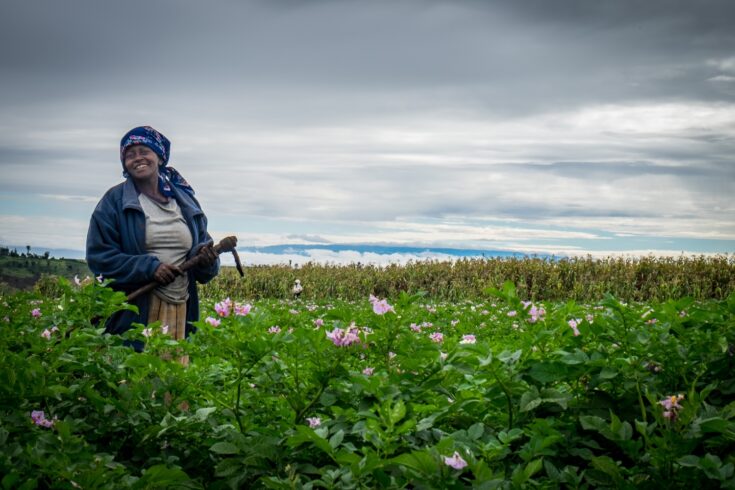Many African countries lack weather stations to give accurate forecasts. This has left farmers less able to plan and vulnerable to weather extremes, reducing harvests and contributing to poverty and hunger.
With NERC funding, scientists at the University of Reading developed an innovative weather and climate forecasting system that uses satellite data to provide timely, accurate forecasts across Africa. These forecasts have delivered significant benefits to governments, businesses, aid agencies and communities by improving national weather services, providing early warning of crop failure and enabling poor farmers to take out commercial insurance against weather shocks.
Data from TAMSAT (Tropical Applications of Meteorology using SATellite data and ground-based observations), for example, recently enabled $2.8 million to be paid to farmers in 370 locations in Zambia following a severe dry spell. The farmers are part of a mandatory insurance scheme introduced by the government to protect farmers against extreme weather events, the largest of its kind in Africa.
Through NERC, UKRI is supporting several current initiatives aimed at reducing poverty and securing farmer livelihoods in developing countries, including the Global Food Security Programme and the Transforming Food Production Challenge, part of the UKRI Challenge Fund.
Last updated: 13 February 2023

